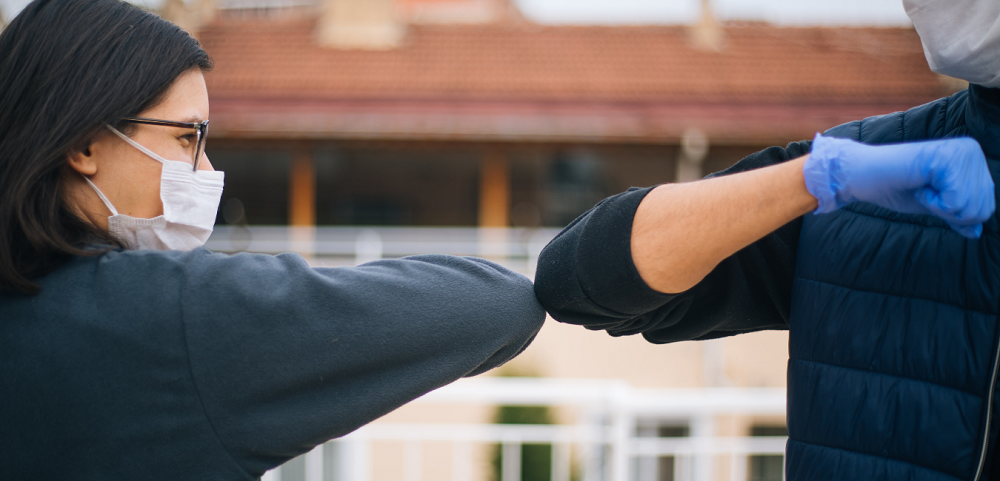The efficacy of combating Coronavirus declared as an invisible enemy is gradually becoming tangible. While the global vaccination campaign continues, according to Bloomberg, the vaccination process has begun in 111 countries with a total of more than 279 million doses of vaccine entered. Some countries were capable to accomplish the full course of vaccination (2 vaccinations at several-week intervals), with a total of 28 million people worldwide already completely vaccinated.
According to the world map posted on the Bloomberg website, which shows the progress of vaccination by country, Georgia is still left without any data, no vaccine produced by any country has been imported into the country at this time so far.
Before the introduction of the vaccine in the country, ACT interviewed the citizens of Tbilisi and inquired about their attitude towards vaccination and readiness for specific vaccines.
Covid-19 VS Vaccine
80% of Tbilisi citizens believe that the vaccination process will have a positive effect on improving the epidemiological situation. There is a high level of awareness about vaccination among the population, every second citizen has some information about the vaccine. This can be explained by the urgency of the topic and existing high expectations.
The most active source of information is the Internet, accordingly, 70% of the population of Tbilisi names it as the main channel of information. There exists a high level of information provided through television, especially among the older generation (55+), 18-34-year-olds are mainly informed about the Coronavirus through Internet, but unlike other generations, sharing of information with friends and relatives is higher, every fourth citizen discusses or receives information about the vaccination against coronavirus from a close friend or relative.
Will the Vaccine become Godo indeed?!
Every third citizen of Tbilisi aged 18-34 believes that he will have to get vaccinated next year. Citizens aged 34-55 (26%) are optimistic to plan to get the vaccine in the fall of 2021 if it is in place. 23% of the 55+ older generation also think they will get vaccinated in the fall of 2021. Research shows that, unlike the people who are not at risk and the people with special needs, the ordinary citizens are not probably like to get vaccinated in the spring. However, the small percentage difference in the overall picture and the percentage of "I do not know" answers (12%) shows that the population is confused and is not clearly determined when the full vaccination of the population is likely to start in the country. (კვლევის თარიღი ?)
To Get Vaccinated or Not?!
Vaccination readiness by generation is highly expressed among citizens aged 55+ (43%). This can be explained by the understanding of being at risk at this age. However, every fourth citizen of this age has not yet decided to be vaccinated, and every third is not going to get vaccinated against the coronavirus at all.
The highest rate of ambiguousness regarding getting a Vaccination or not is observed among the millennials, with 32% not knowing if they need to get vaccinated. Only 41% of millennials are saying they are ready for the vaccination process, and 26% of respondents are not willing to be vaccinated at this stage.
The percentage ratio of respondents in the overall picture of citizens’ readiness for the vaccine indicates that the population of Tbilisi is not yet convinced about the uttermost need for vaccination, every third citizen is not ready (31%) for the coronavirus vaccine or has not yet been decided (29%).
The survey shows that in the process of decision-making Tbilisi citizens are likely to consider the opinion of the following community groups: medical staff (59%), familiar competent medical workers (32%), and the church representatives (12%).
Good or Soon
The main reason for abstaining from vaccination, according to the survey, is distrusting the COVID-19 vaccine (34%), which is mostly demonstrated in people aged 55+ (40%). Every third citizen is concerned with the side effects that may bring the vaccine (32%). 13 percent of 18-34-year-olds say they are not worried about getting the coronavirus at all.
Against the background of general high distrust, it is of interest to know which vaccine is the most trusted by Tbilisi citizens and which are they categorically against getting. ACT was interested to learn what is the attitude of citizens toward all the famous vaccines existing on the market. The survey found that among the most reliable vaccines are American-made Pfizer and Moderna (50%) and European-made vaccines - Bio-N-Tech and Astrazeneca (46%). The majority of Tbilisi citizens are not ready to get the Russian and Chinese vaccines, moreover, 63% of citizens say they will not accept the Russian-made Sputnik V under any circumstances, and every second citizen (53%) refuses to be vaccinated with the Chinese vaccine – Sinopharm.
*According to the Kovacs platform vaccine distribution plan, Georgia will receive a total of 215,000 AstraZeneca and Pfizer / Bio-N-Tech vaccines’ supply in two stages, although the plan does not specify when the vaccines are to be delivered to the country. Therefore, against the background of high expectations and existing distrust, it becomes important to provide additional information to the population about the vaccination plan and its positive effects.
*Kovacs platform vaccine distribution plan: https://www.who.int/docs/default-source/coronaviruse/act-accelerator/covax/covax-interim-distribution-forecast.pdf?sfvrsn=7889475d_5
* Survey was conducted through sampling method among 414 adult residents of Tbilisi on 16-18 February, 2021. Methodology used – phone survey. Statistical deviation rate not exceeding 4.9%.






